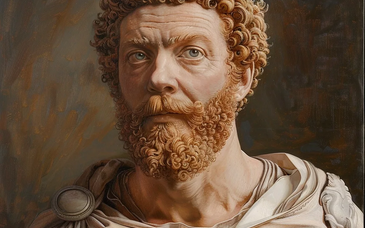Clemens, a name with Latin roots, means "merciful" or "kind." It has been a popular name for centuries, with notable figures such as Clemens Alexandrinus, a Christian theologian, and Clemens Brentano, a German poet, bearing this moniker.
The name Clemens is often associated with Germanic and Scandinavian cultures, where it has been adopted and adapted over time. For instance, the Dutch and German versions of the name are "Clemens" and "Klemens," respectively, while the Danish and Swedish versions are "Klemens" and "Klemens," respectively.
Beyond its linguistic diversity, the name Clemens also encompasses various occupations and fields of expertise. For example, there have been notable composers, scientists, and even saints named Clemens.
In the field of music, the 18th-century German composer Clemens non Papa stands out, while in the realm of science, the anatomist Clemens Brentano, who lived in the 18th century, made significant contributions to medical knowledge.
On a spiritual note, Saint Clemens was a pope in the early 2nd century, known for his unwavering faith and leadership in the early Christian Church.
Today, the name Clemens continues to hold a special place in many cultures, embodying the qualities of kindness, compassion, and strength. It's a name that has gracefully navigated the passage of time, retaining its relevance and charm across generations.
Whether chosen for its historical significance, linguistic appeal, or personal connection, the name Clemens serves as a reminder of the enduring values it represents.





